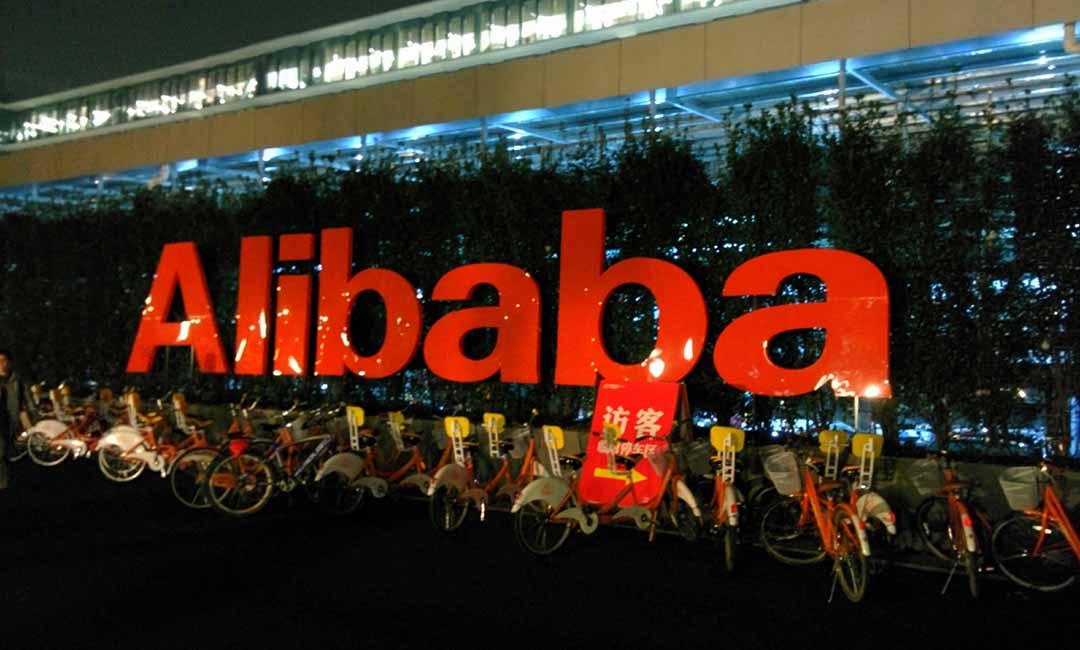The listing committee of the Hong Kong stock exchange has approved the application by Alibaba Group Holding, the record holder of the largest global initial public offering, to sell up to HKD 117 billion (USD 15 billion) of new shares in a secondary listing that would return the city as the world’s fundraising capital for the seventh time in 11 years, according to several sources.
The green light clears the way for Hangzhou-based Alibaba to start a weeklong roadshow starting on November 13 to drum up interest from institutional and retail investors, in a bookbuilding exercise that could help the operator of the world’s largest online shopping platform raise between USD 10 billion and USD 15 billion.
The price of each Alibaba share will be determined on November 20, sources familiar with the matter said. Shares of the company, also the owner of South China Morning Post, are expected to trade in Hong Kong in the week of November 25.
The Hong Kong Exchanges and Clearing Limited, which operates the local bourse, declined to comment when contacted on the matter.
“The IPO of Alibaba will be popular among Hong Kong’s investors as it is a well-known e-commerce company, whose shares and turnover had both performed well on the New York exchange since their listing in 2014,” said Gordon Tsui Luen-on, chairman of the Hong Kong Securities Association. “The secondary listing will give Hong Kong investors, and even traders in mainland China, a chance to invest in the company, via the Stock Connect scheme in future.”
China International Capital Corporation and Credit Suisse, the lead arrangers of Alibaba’s offering, are roping in other banks including Citigroup, JPMorgan Chase & Co. and Morgan Stanley to form a syndicate to help underwrite the share sale, according to brokers familiar with the matter.
The secondary listing would bolster the capitalization of Asia’s most valuable company, and finally give mainland China’s investors the chance to participate in the growth of one of the country’s most profitable technology giants.
It also brings the group back to its “natural first choice” listing venue, in co-founder Joe Tsai’s words in 2013, and vindicates the listing reforms pushed through last year by Hong Kong’s financial authorities, after Alibaba’s decision in 2014 to raise USD 25 billion in New York.
For Hong Kong, the additional capital would be the equivalent of a last-minute dash that puts the city back ahead of New York Stock Exchange and Nasdaq in the race for global IPO crown this year. Fundraising returned to Hong Kong since September, after three months of a dismal summer that derailed USD 11.05 billion of deals.
Budweiser Brewing Company APAC, ESR Cayman and a dozen other companies have raised a combined USD 11.53 billion in the city since September, putting Hong Kong in striking distance of the coveted crown. Alibaba’s proposed plan, even at the lower end of the range of USD 10 billion, will catapult the city to the summit.
“Alibaba’s secondary listing is a vote of confidence for Hong Kong’s stock market, as the city’s economy has sunken into a technical recession after five months of street protests,” said Tsui, referring to the anti-government protests that were sparked in June by a now-withdrawn extradition bill.
“Alibaba’s decision to choose Hong Kong [over all other regional bourses including Shanghai] shows the city can still attract mega-companies to raise funds” despite recent turmoil, he added.
A successful listing at the top end of USD 15 billion would rank the deal as the third-largest fundraising on record in Hong Kong, after insurance group AIA’s HKD 159 billion IPO in 2010 and Industrial and Commercial Bank of China’s HKD 124.95 billion deal in 2006.
Alibaba, which listed in New York in 2014 at USD 68 per share, jumped to a peak of USD 208 in June last year, and closed at USD 186.97 on Tuesday, giving it a market value of USD 486.8 billion. That makes it the largest company in Asia, and the seventh biggest globally after Apple, Microsoft, Alphabet, Amazon.com, Facebook and Berkshire Hathaway, according to Bloomberg’s data.
The company had earlier received the nod from shareholders to split its ordinary shares on one-to-eight basis, increasing its capital base to 32 billion shares from 4 billion. The stock split would “increase the flexibility for the company in future capital market activities, including the issuance of new shares,” Alibaba said in July.
Many Hong Kong stockbrokers told the Post that they have prepared funding and workforce to handle what would be expected to be the largest deal in a decade. In anticipation, demand for Hong Kong dollars has pushed up the cost of short-term borrowings.
The cost of money jumped in Hong Kong, with one-week interbank offered rates, or Hibor, advancing by 63 basis points to 1.92% while two-week Hibor rose by 58 basis points to 2.09% on Monday, according to the Treasury Markets Association.
“It is going to be a hot deal,” said Jojo Choy Sze-chung, vice-chairman of the Institute of Securities Dealers. “Alibaba already has several good e-commerce platforms and other profitable businesses. It should not be a problem for the company to raise up to USD 15 billion.”
Alibaba’s impending listing in Hong Kong will follow the conclusion of its 2019 Singles’ Day online shopping gala, when a record USD 38.38 billion of merchandise were sold in the 24-hour shopping spree. American pop diva Taylor Swift headlined this year’s shopping festival with a curtain-raiser showpiece in Shanghai.
